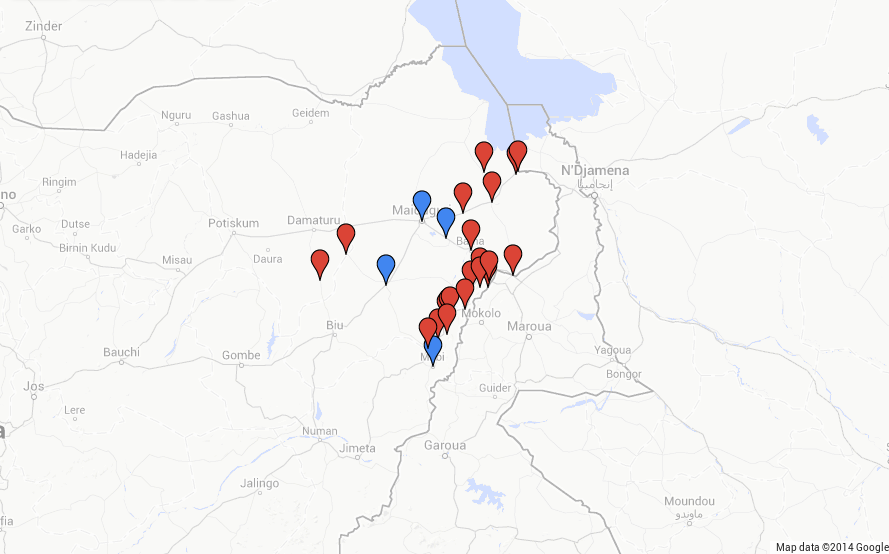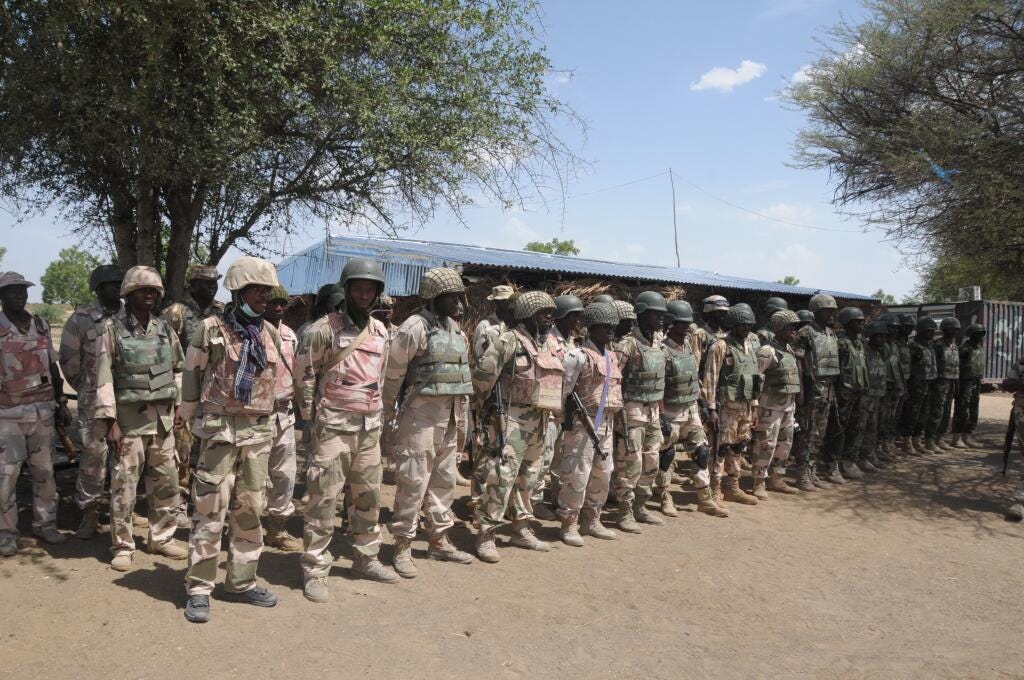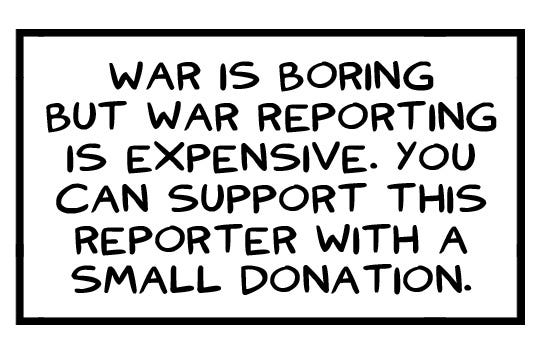Will the world intervene?
Militant group Boko Haram now controls 21 out of 72 major towns in northeast Nigeria—and many smaller villages, too.
The Islamic group reigns supreme over an area bigger than some African states, including the northeastern border with Cameroon. Lately, the militant group has captured towns on an almost daily basis, shattering the Nigerian army units weakened by poor equipment and low morale.
Observers and locals alike believe an attack on the regional capital Maiduguri—a city of more than a million people and home to the main army base in the northeast—is imminent.
It’s unlikely that Boko Haram could hold on to a city this large, or that the Islamists event want to. But a mere attack would be a devastating blow to the Nigerian army and would probably trigger a humanitarian catastrophe, as army troops and insurgents duke it out with heavy weapons in a densely populated cityscape.
To be fair, Nigeria’s armed forces aren’t losing every battle.
Recently the military repelled an attack on the town of Mubi. Troops have retaken some other towns, and the Nigerian air force—while not without its problems—is certainly helping. But on the whole, the army seems to be completely out of its depth and unable to stop to Boko Haram’s surge.
The problem is aggravated by the government’s incompetent media strategy.
For years, the Nigerian government has claimed that Boko Haram is on the verge of defeat. It has published outlandishly high body counts while denying any setbacks of its own.
 Boko Haram-controlled towns in red. In blue, towns that have been under attack but which are still under government control. Original with sources:https://mapsengine.google.com/map/edit?mid=zFRhTwLcBvyk.kmcXT1OC3zeM
Boko Haram-controlled towns in red. In blue, towns that have been under attack but which are still under government control. Original with sources:https://mapsengine.google.com/map/edit?mid=zFRhTwLcBvyk.kmcXT1OC3zeM
So far, the international community has been happy to let Nigeria try to end the conflict on its own. The Nigerian government has elected to avoid any sign of weakness—like asking for help.
But international intervention could happen rapidly … and soon. The trigger could well be a devastating attack on Maiduguri, which would focus international attention on Nigeria. But the real driver for international intervention could be the precedent of U.S.-led action against Islamic State fighters in Syria and Iraq.
Comparisons between Islamic State and Boko Haram are already popular, although the groups share only a few similarities.
Western countries would certainly have the capacity to conduct air strikes in Nigeria. France has stationed fighter-bomber aircraft in several countries throughout the region.
The U.S. has just opened its second drone base in neighboring Niger, and Britain is about to deploy four Tornado jets to help in the effort to rescue the girls Boko Haram abducted in Chibok several months ago.
Countries such as Chad, Cameroon and Niger would make good regional allies. They all border northeastern Nigeria and have reasonably capable militaries. They’re also all suffering greatly from the instability caused by the Islamist insurgency.
The U.S. would have to invest considerably into these proxy forces. But then, America’s already doing the same for Kurdish and Iraqi troops in the campaign against Islamic State.
 Here and at top—Nigerian soldiers. Nigerian army photos
Here and at top—Nigerian soldiers. Nigerian army photos
An open and sustained intervention would need the right mix of political conditions to be attractive to the enemies of Boko Haram.
Most importantly, the Nigerian government would need to view intervention as being in its interest. As Boko Haram takes more towns, displaces more people and increasingly undermines the security of the whole country, this becomes more and more likely.
Of course, just because the world intervenes against Boko Haram doesn’t mean it will win.
Depending on the form of intervention, the most likely scenario would be a similar situation to that in Mali, where a French intervention solved the immediate problem of Islamist rule in the northern part of the country but couldn’t address the underlying issues of rampant insecurity, state weakness and local grievances—which gave rise to the insurgency in the first place.
Just like Mali, Nigeria and the wider region will need international attention—and support—for years, no matter what.

No comments:
Post a Comment